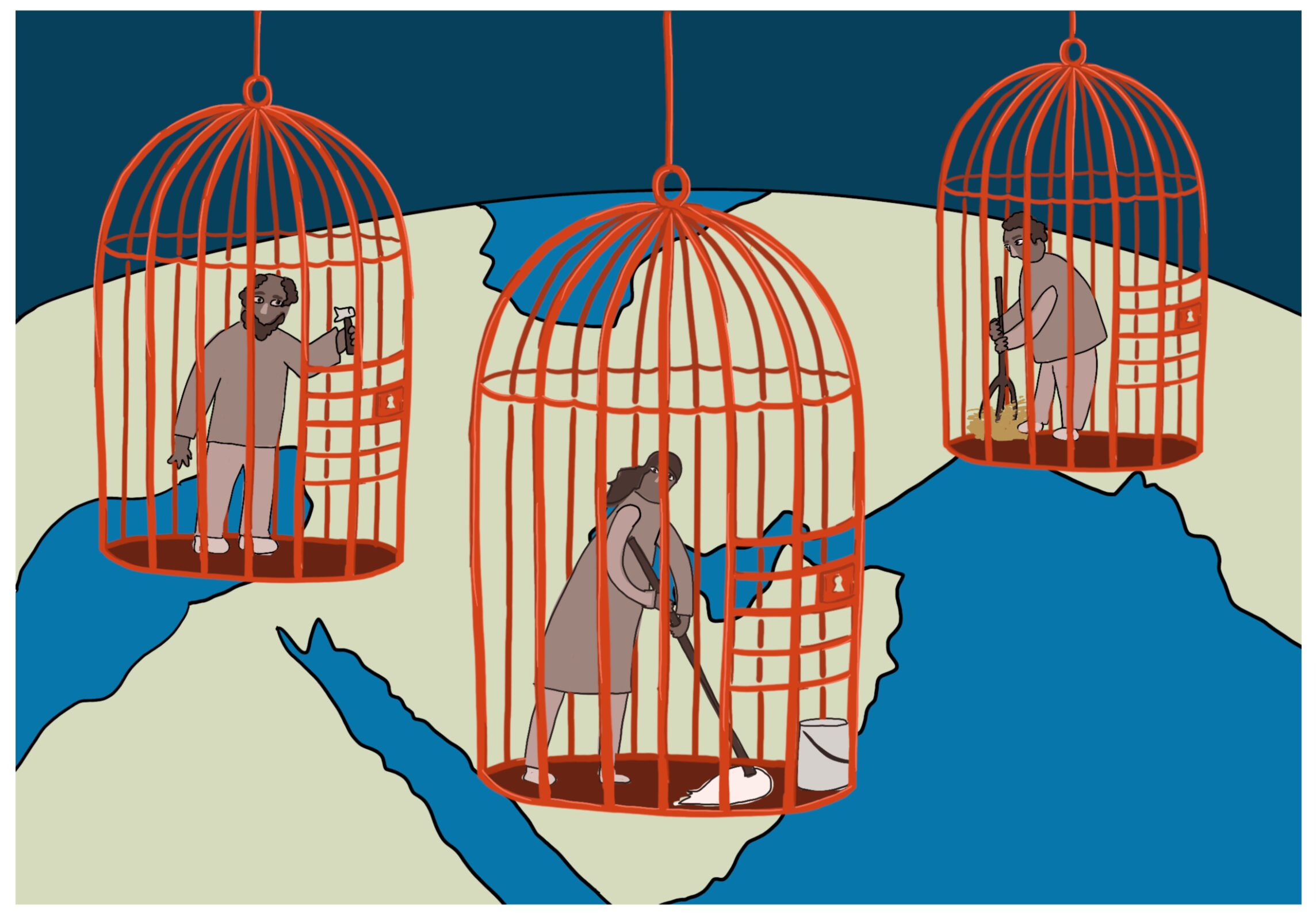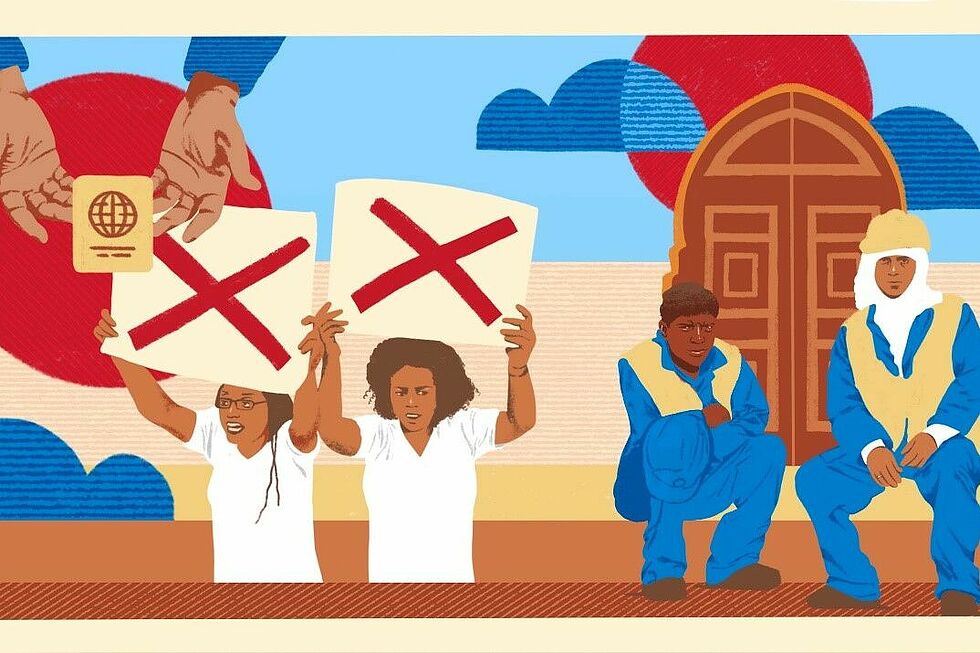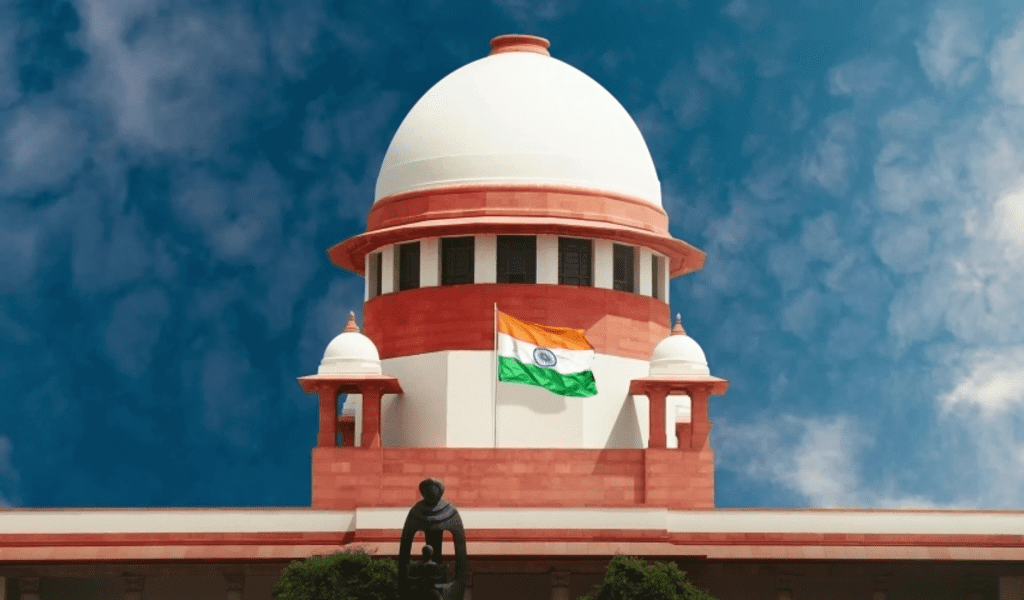
Children are the backbone of any society. Child care and nurturing has always been an important aspect of the development of family and society. The interests of children have always been a matter of deliberation for shaping norms and laws for society. Parents are the primary caretakers of children but in case of mishappenings and when their parents can no longer take care of their children, it becomes the duty of other people in the society to provide that child with the care and protection that the child deserves. Religion as an important institution for organizing society also covers the issue of child nurturing. Under Muslim law, the concept of Kafala deals with childcare.
The Kafala system is a nurturing of children but does not confer them the benefits that are availed to biological children or adopted children. This paper will talk about the Kafala system and the status of this system under Indian law.
Delving into the Historical Perspective of the Kafala System

In Pre-Islamic Arabia, the practice of adoption was common. The person adopted was treated as a member of the family and would inherit everything like a biological child. However, some Prophet Mohammad disapproved of adoption thus, giving birth to the kafala system. The concept of Kafala evolved under Islamic law as an alternative to adoption. Pre-Islamic society lacked any form of adoption, an astonishing disclosure in the Quran was interpreted in a way that in Islam adoption is haram meaning forbidden under Islamic law.
However, it does not mean that children are simply abandoned instead certain alternatives have been developed under Islamic law. These alternatives are a reflection of the fact that child care is an important aspect of Islamic religious society. Children are co-bearers of the nation’s welfare and their nurturing must be done adequately. Providing necessities to children in need is a spiritual duty that any religion would encourage. However, the limitation has been put under Islamic laws that a child who is not related to someone by blood cannot take the name of another person and confer inheritance rights on an unrelated individual. Also, no marriage restraints have been put between adoptive parents and spouses of adopted children. This has thus, led to the origin of kafala practice.
As per the Quranic principles on Muslims to take care of abandoned children, raise them like their own children but not confer upon them rights of inheritance from foster parents known as kafil. Kafil parents are however required to pay financial assistance to a child before their death by way of a will, similar to inheritance provided to their children. Also, they can bequest property to makful but its limit is one-third of one’s property. This feature of financial help is a way to support that child even after death and its similarity with inheritance provided to children related by blood shows that the kafil parents try to provide a similar environment to those abandoned children.
Shia and Sunni scholars differ in the opinion of whether the child can take the name of Kafil parents. The mode of supporting abandoned children ranges from providing financial support to providing sponsorship of a needy child accepting family. Kafala can thus, be temporary and permanent.
Understanding Kafala

The Kafala system is not recognized in all Muslim-majority and also those countries that accept the Kafala system provide great variance pertaining to the local traditional culture. In Tunisia and Morocco, kafala is codified and protection to the child is given only when he is a minor, except when a child is a girl or disabled. However, despite having a great variation it is broadly divided into two types: Formal Kafala and Informal Kafala.
Under the formal kafala system, public authorities are involved and they would provide the child’s custody or responsibility to kafil as per the established procedure. Under this system, a sense of security is attached as the whole process is looked upon by public authority. The child is safe and any abuse to him will be taken care of by the public authorities. Whereas on the other hand in informal kafala private arrangement is done and no public authority is involved. It is often done secretly between kafil parents and biological parents. In such an arrangement the child is exposed to abuse or neglect thus, not providing a child safe space to grow. Kafil parents are expected to take good care of the child and to provide him with the necessities of life, although it is a moral obligation under Muslim law.
What does our Law say?

When it comes to inheritance and adoption India has its domestic laws and it does not explicitly recognize Kafala. Juvenile Justice Act, 2015 has given the right to adopt but not as per the kafala system. Pertaining to this fact many Muslims are hesitant to adopt children under this legislation as per their religious belief it is haram to do so.
However, there is a concept of foster care under this act where children are placed with foster families who have the responsibility of providing children with proper food, shelter, and education and will look upon their overall well-being. Islamic foster care is a different kind of childcare however, these provisions are similar to the duties of a kafil parent. Before the Juvenile Justice Act, 2015 there was the Guardians and Wards Act, 1890 under which a Muslim could confer a child with the status of ward which is not equivalent to adopting a child.
In the Shabnam Hashmi case All India Muslim Personal Law Board contended that kafala is an alternative form of adoption thus, it must be given recognition under Indian law. However, this contention was rejected and Muslims were allowed adoption under the Juvenile Justice Act. There is ambiguity in the kafala system which is the reason it has not been given recognition under Indian law. It is an informal setup children involved may get exposed to various abuse and harm. Kafil parents can abandon children whenever they want to do so and they are under no obligation to provide proper care to the children. Even if the kafil parents provide a safe environment to the child he can still be taken away and put in institutions based on various legal ambiguities.
Under the kafala system, the lineage of a child must be known but chances are high that it might be completely severed and may not be aware of their biological parents thus, rendering them unfit for inheritance. This makes kafala an extremely unstable setup for children. The Juvenile Justice Act has put certain restrictions on the foster care of children.
As per the act, those children who can be adopted should not be put under long-term foster care. It means that the act regards foster care as a fall-back option when adoption cannot be done. The Juvenile Justice Act is a secular law and it is made to protect the rights of children hence it does not specifically promote one religion or work upon the framework of a certain religion. Under this legislation, Muslims cannot apply their religious guidelines and adopt the kafala system. Certain provisions of this act are contrary to the kafala system. All the children’s rights in India are made keeping in mind the international obligations and constitution of India.
Thus, Indian laws can provide recognition to the kafala system. Certain provisions of the kafala system like providing sponsorship to children while him being with his biological parents can be a great step in ensuring good child care. Other than kafala Indian justice system pointed out several times that Muslims by virtue of custom might have a system of adoption.
Child care is the primary duty of the state whether they are with their biological parents or adopted parents or in any child care institution. The child is not able to take care of himself when he is at a younger age this is the time when it is important to provide a child with a suitable environment where he can grow mentally, physically, socially, and psychologically. This is the reason why legislation related to children is secular thus, not giving significance to any religion but to child welfare. Juvenile Justice Act, 2015 lays down provisions as a step towards a Uniform Civil Code in India.
Conclusion
Proper nurturing of a child is very important for his overall growth. If a child is nurtured well only then he will be able to prove himself as an asset to the society in which he is living. Taking good care of a child is not just a responsibility of his biological parents but also of society and government. Society and government must provide such an environment for a child so that he can grow up to his potential. Kafala system thus, has laid down provisions under which kafil will sponsor or look upon any child who has been abandoned by the family or whose family could not support him financially.
Although, under the Kafala system Muslims are not allowed to adopt the child they could still look upon the child just like biological parents. Inheritance rights will not be provided to such children but kafil can provide gifts to them not more than 1/3rd of their property. In India adoption is done as per the Juvenile Justice Act, 2015 which has been drafted keeping in mind India’s international obligation and constitution of India. It is secular law and provides adoption rights to all eligible people.
However, the legislation rejects the idea of the kafala system on the grounds of it being religious and informal. Certain provisions of kafala like sponsorship if provided recognition under Indian law can prove as a beneficial scheme for parents who can not support their children financially and to the child. However, all provisions of the kafala system can not be placed under the Juvenile Justice Act as it would make whole legislation inclined towards Muslim religious laws.
References
- Kafalah – preliminary analysis on national and cross-border practices. Available at: https://www.iss-ssi.org/index.php/en/news1/456-kafalah-preliminary-analysis-on-national-and-cross-border-practices (Accessed: 21 June 2023).
- Hedley, M. (2011) Islamic family law. Raffia Arshad. Sweet & Maxwell, andover2010 XXIV + 239 pp ISBN 978-1-8470-3599-8: Ecclesiastical Law Journal, Cambridge Core. Available at: https://www.cambridge.org/core/journals/ecclesiastical-law-journal/article/islamic-family-law-raffia-arshad-sweet-maxwell-andover2010-xxiv-239-pp-paperback-9400-isbn9781847035998/00D6ECFB6B7F0DE4A24BCDE867A03DC9 (Accessed: 21 June 2023).
- Sait, M.S. (2002) 3 Islamic perspectives on the rights of the child, Brill. Available at: https://brill.com/abstract/book/edcoll/9789004478435/B9789004478435_s006.xml?language=en (Accessed: 21 June 2023).
- Outlines of Muhammadan law (2008). by Asaf A.A. Fyzee (ed. – JSTOR. Available at: https://www.jstor.org/stable/pdf/43953459.pdf (Accessed: 21 June 2023).
- Nadjma Yassarim, ‘Adding by choice: Adoption and Functional Equivalents in Islamic and Middle Eastern law’ (Fall 2015) 63 The American Journal of Comparative Law 4 927, 951.
- Adoption in Muslim law – JSTOR. Available at: https://www.jstor.org/stable/20847150 (Accessed: 21 June 2023).
- Shabnam Hashmi v. Union of India and Others.
- Mst. Fatma Bibi v. Sayed Ali Hasan AIR 1949 All 769.
Submitted by Rishita Vekta.